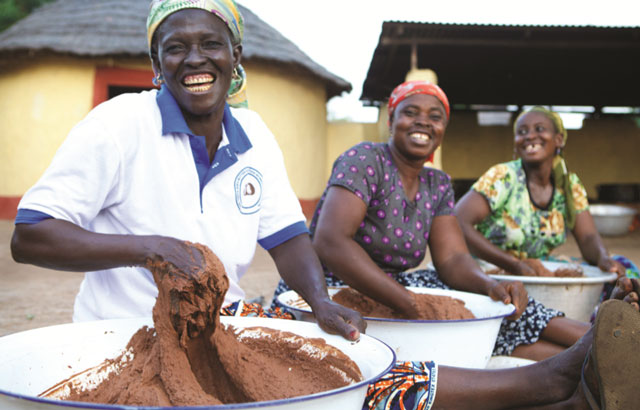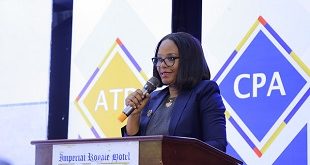
Women’s NGOs are changing the world…. But research shows they are easily marginalised and trivialised once projects take off
NEWS ANALYSIS | Bipasha Baruah & Kate Grantham | In contemporary global development circles, non-governmental organisations (NGOs) are now performing many more roles and activities than they did a few decades ago.
NGOs work with governments, community groups and the private sector — to develop and implement programs, monitor, and evaluate their progress and help train people working on those projects. They are considered more nimble than other institutions in accomplishing development goals because they can reach the most vulnerable or disaffected people in a community and find innovative solutions to
problems.
Although their funding streams and institutional decision-making structures are typically multinational, NGOs’ legitimacy, indeed, often rests on perceptions of them being “local” and “close to the people.” NGOs are increasingly taking on the responsibility of implementing the gender equality and women’s empowerment agendas of the global development sector. But very rarely have researchers tried to understand or document the specific challenges and opportunities that NGOs working on gender equality, or those that define themselves as feminist NGOs or women’s NGOs, face — when participating in multiple-stakeholder projects like Canada’s new feminist international assistance policy.
The United Nations’ Sustainable Development Goals, adopted in 2015, and the Canadian initiative that includes $150 million in funding for advancing the rights of women and girls, will undoubtedly increase the engagement of women’s NGOs in a variety of activities.
That means understanding the opportunities and constraints faced by women’s NGOs in multiple-stakeholder projects is increasingly important.
We’re basing our observations upon research conducted over the past decade in India, where women’s NGOs were involved in delivering urban basic services like water, sanitation, and electricity, and in Tanzania where women’s NGOs helped deliver community health and microenterprise development services.
In both contexts, we found that women’s NGOs played crucial roles in development projects; often mobilising, organising and building projects that otherwise would never have launched. In India, for example, women’s NGOs in the state of Gujarat mobilised local communities to participate in urban development projects. They helped form communitybased organisations to represent local interests and implemented community development projects — such as health services, adult literacy, and child care.
Women’s NGOs also conducted research to determine whether local communities could afford to pay for basic urban services. They negotiated subsidies, fair pricing and flexible terms of payment with utilities on behalf of marginalised people. They arranged access to loans from microfinance institutions for households that could not cover the cost of water or electricity connections. And by insisting that water and electricity bills be issued in the names of female heads of households, women’s NGOs strengthened women’s access to property and housing.
The NGOs also educated stakeholders about the realities of life for the urban poor, and shared lessons learned in one urban area with NGOs in other cities in India. In Tanzania, we studied the community partner role played by a women’s NGO in a project delivering health and microenterprise services across East Africa.
The project, which brought together the Tanzanian government, public research and medical institutions, international charitable organisations, community-based organisations and beneficiaries, envisioned the establishment of community kitchens across East Africa to produce probiotic yogurt.
The yogurt would be sold for profit and distributed for free to certain vulnerable groups, including children with nutritional deficiencies and people living with HIV/ AIDS. Local entrepreneurs were offered loans, technical assistance and other training to start up the businesses.
A women’s NGO that had previously worked to reduce gender-based violence in Tanzania helped local communities establish, operate, and maintain the kitchens. Before the idea of community kitchens was taken up by more financially and politically powerful project partners, it was in fact the women’s NGO that had proposed the idea of establishing yogurt kitchens that could be run by local women in keeping with Tanzanian dietary, cultural, and consumer norms.
The four earliest community kitchens were run entirely by women. The economic empowerment of poor women in Tanzania was identified as one of the founding goals of the project because of the advocacy work done by the women’s NGO.
In later years, the pilot project was expanded to include kitchens run by men.
The women’s NGO provided training on probiotic yogurt production, the health benefits of probiotics, financial accounting, entrepreneurship and the importance of combatting HIV/AIDS transmission and stigma. Until 2012, when the women’s NGO withdrew from the project, community kitchen groups also received training on gender equality, the rights of women and girls and the links between violence against women and HIV.
 The Independent Uganda: You get the Truth we Pay the Price
The Independent Uganda: You get the Truth we Pay the Price


